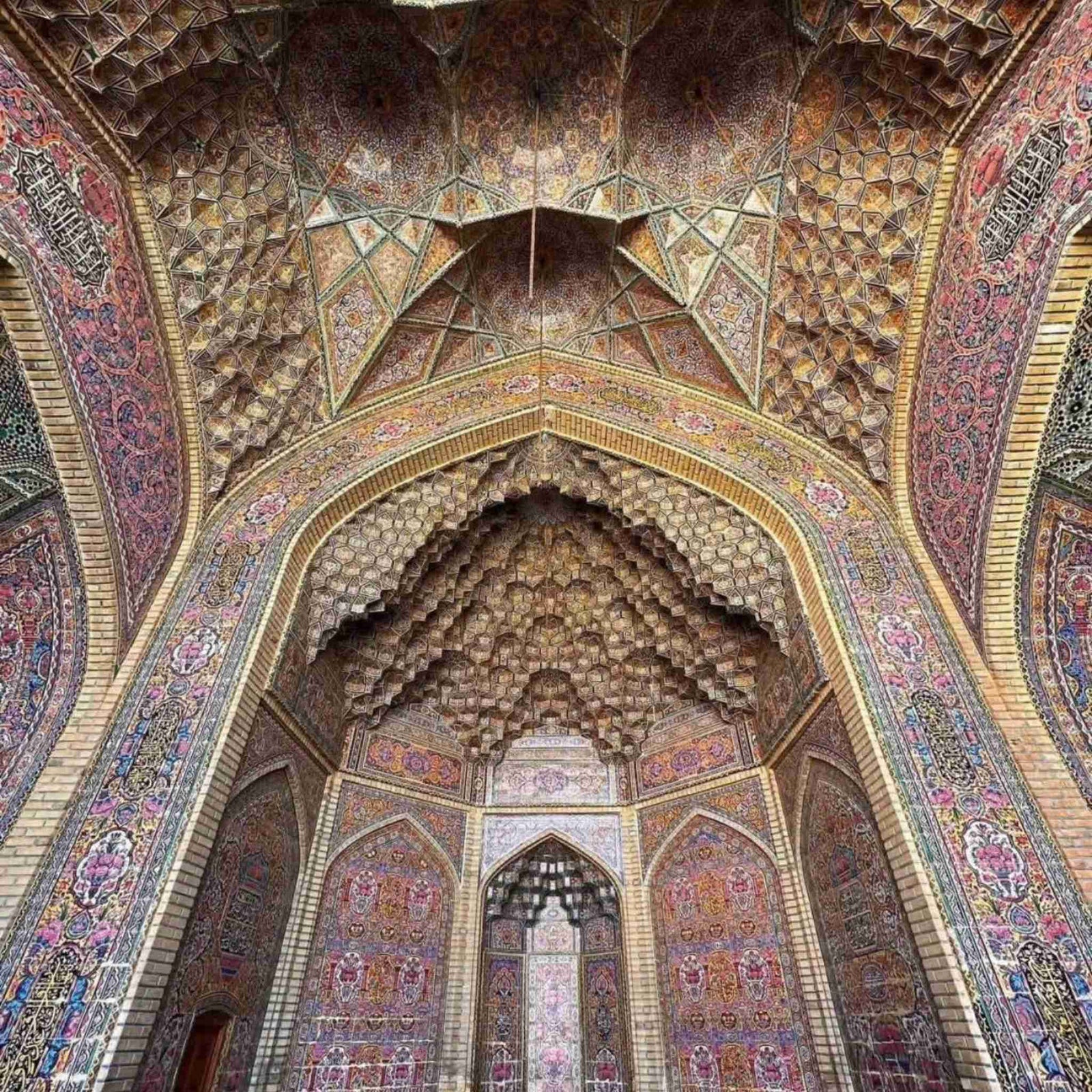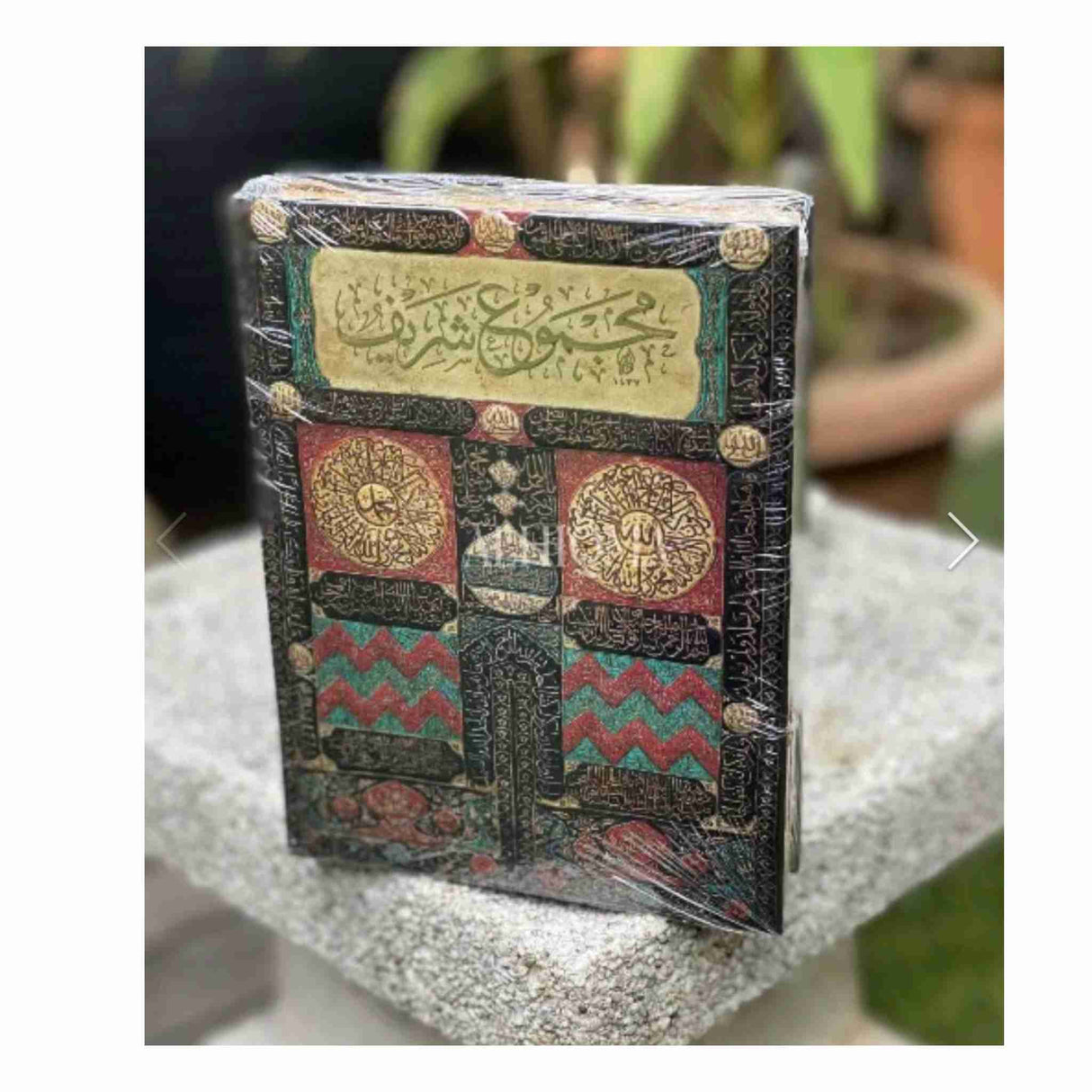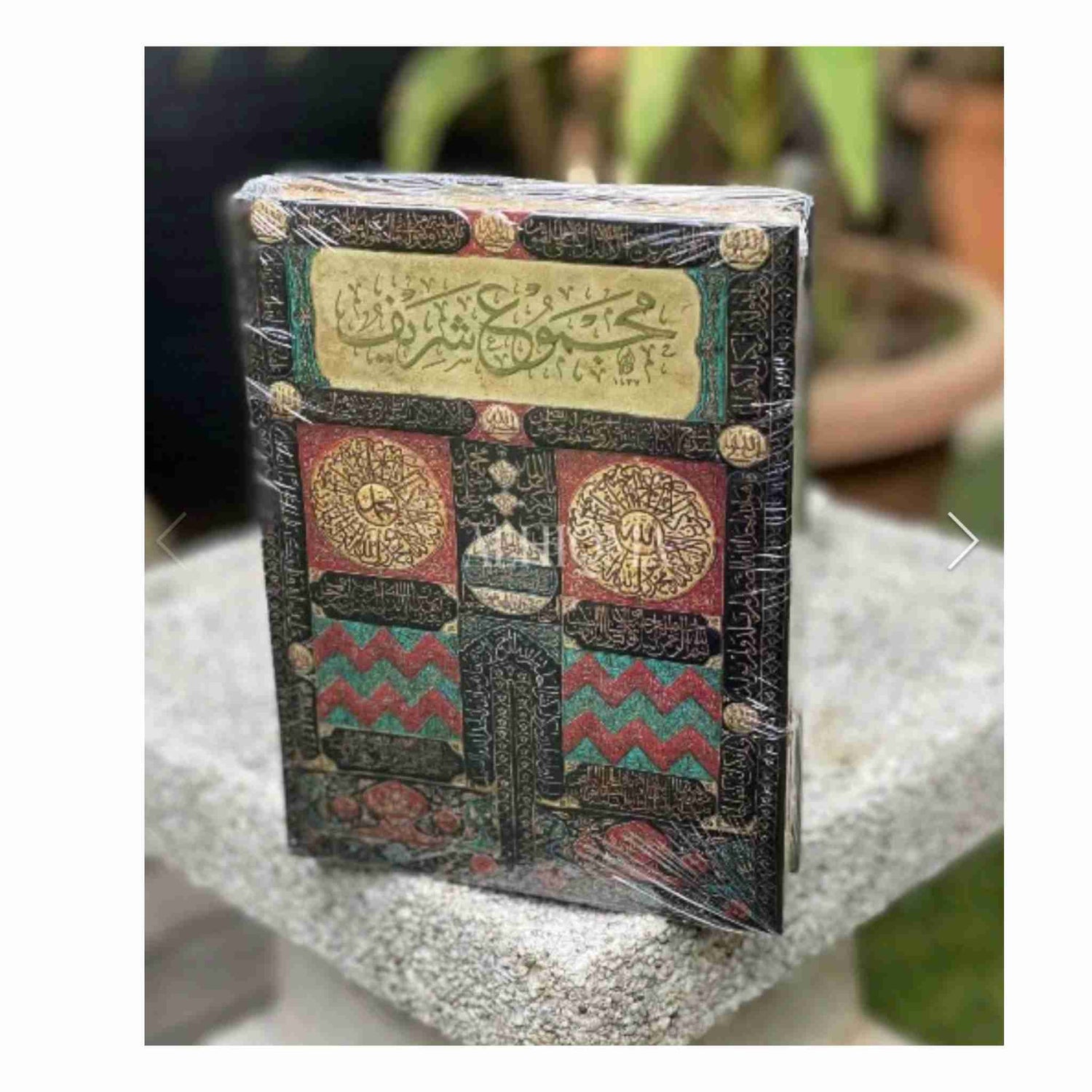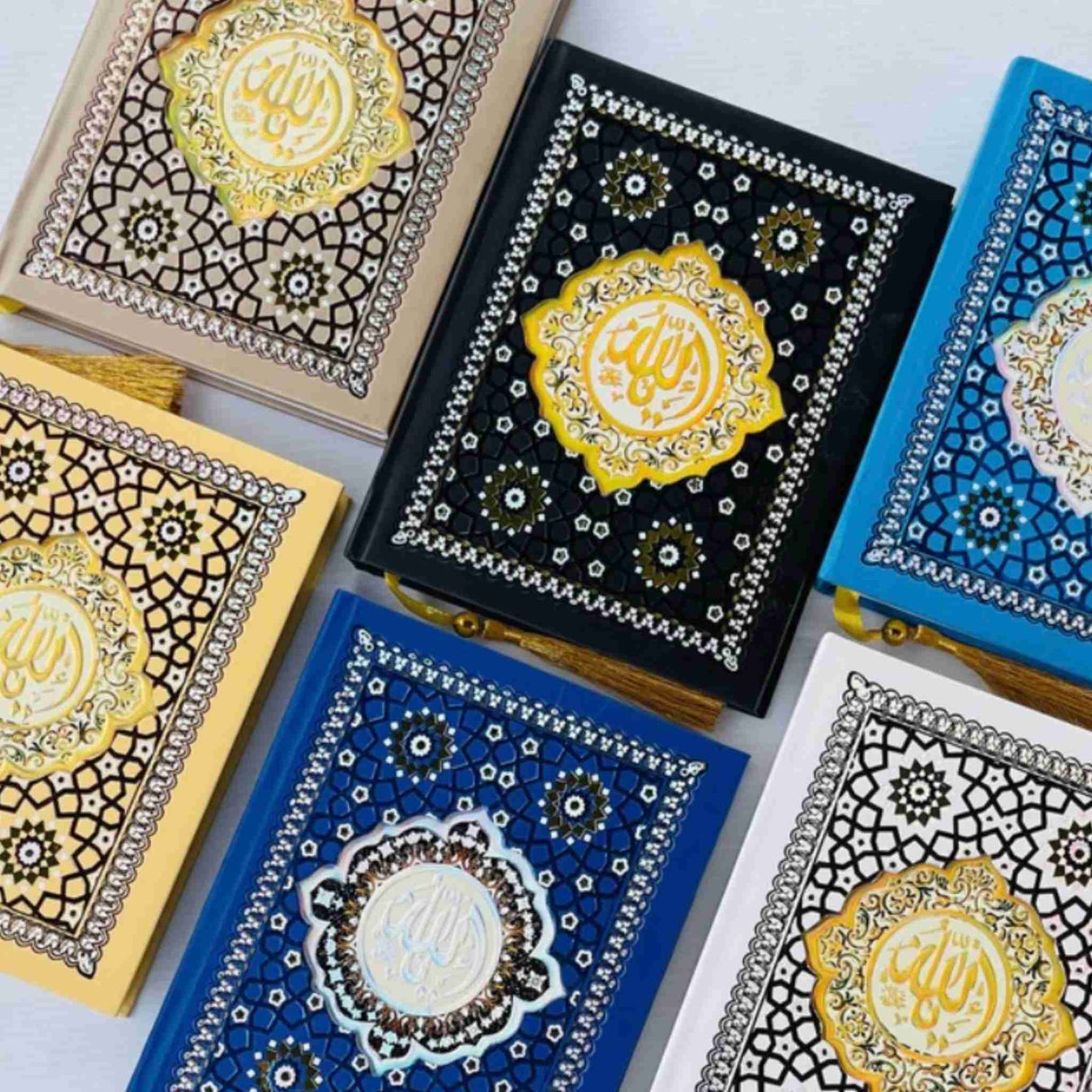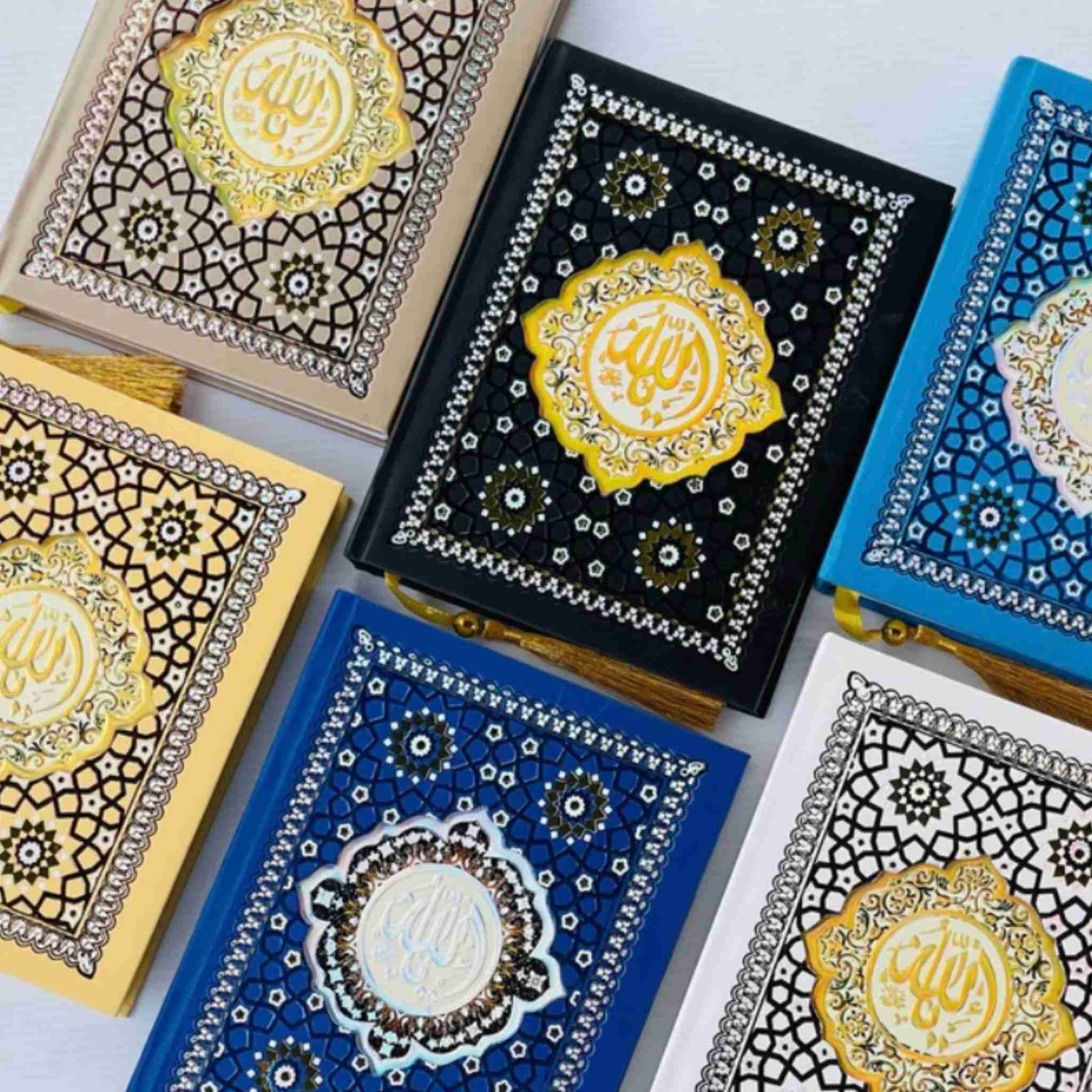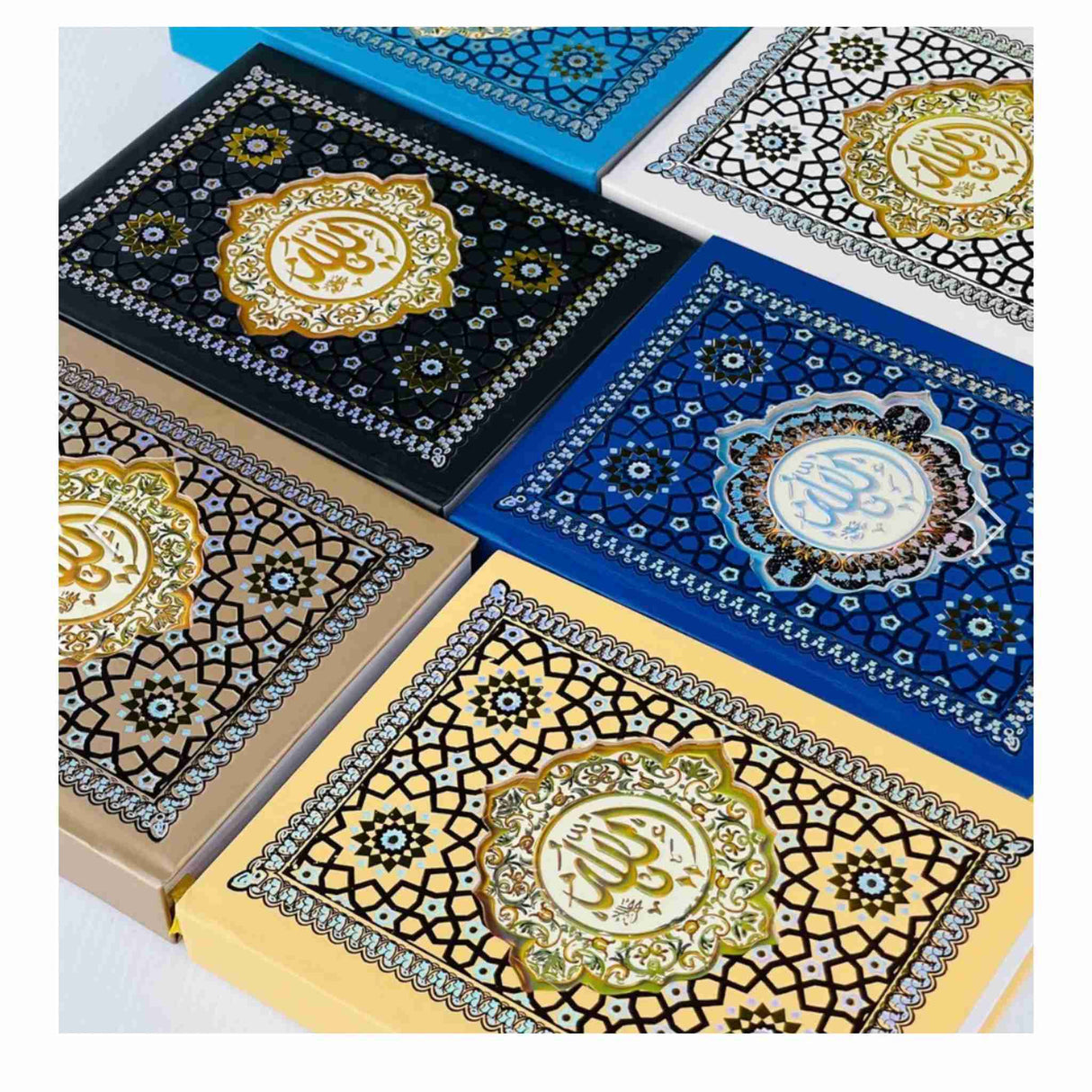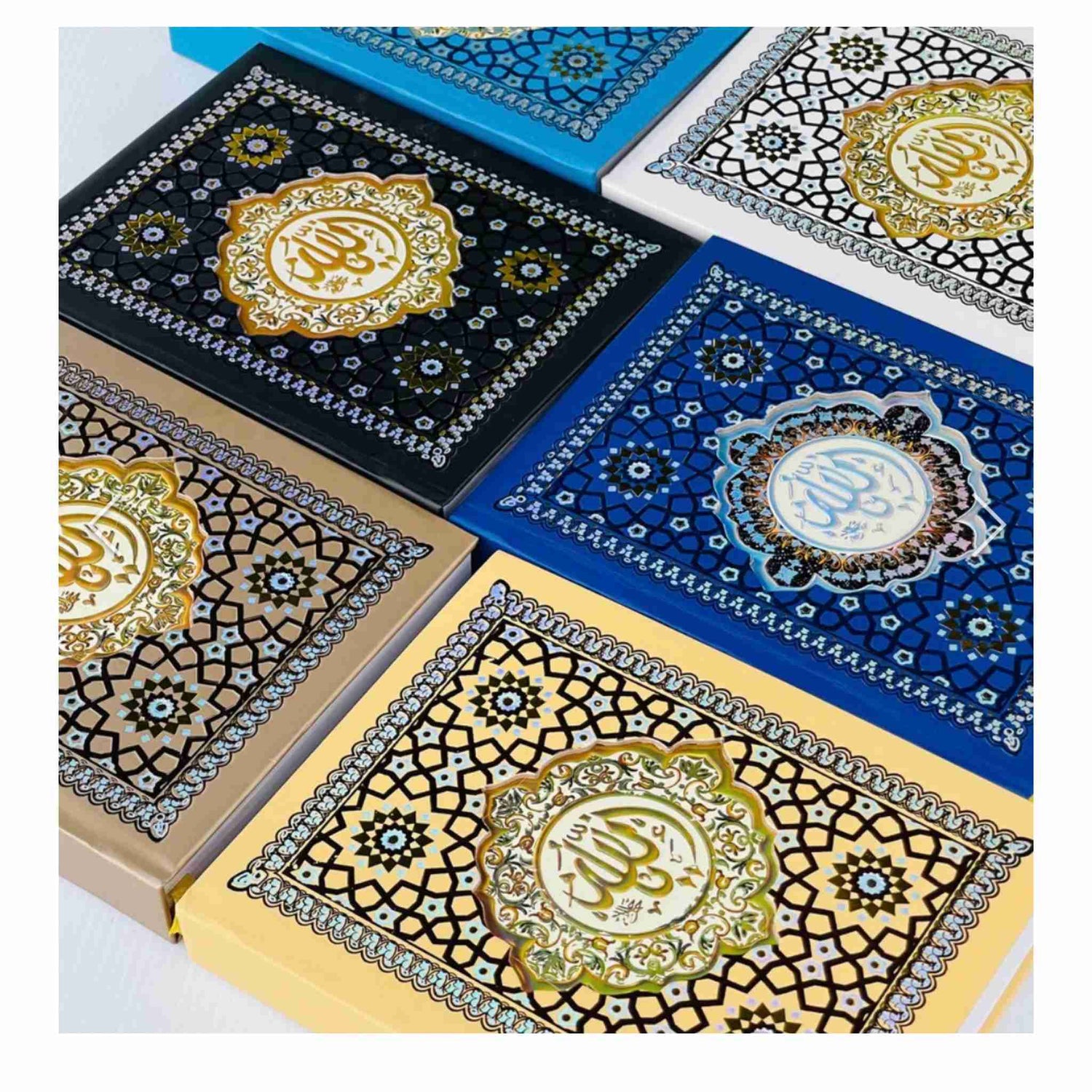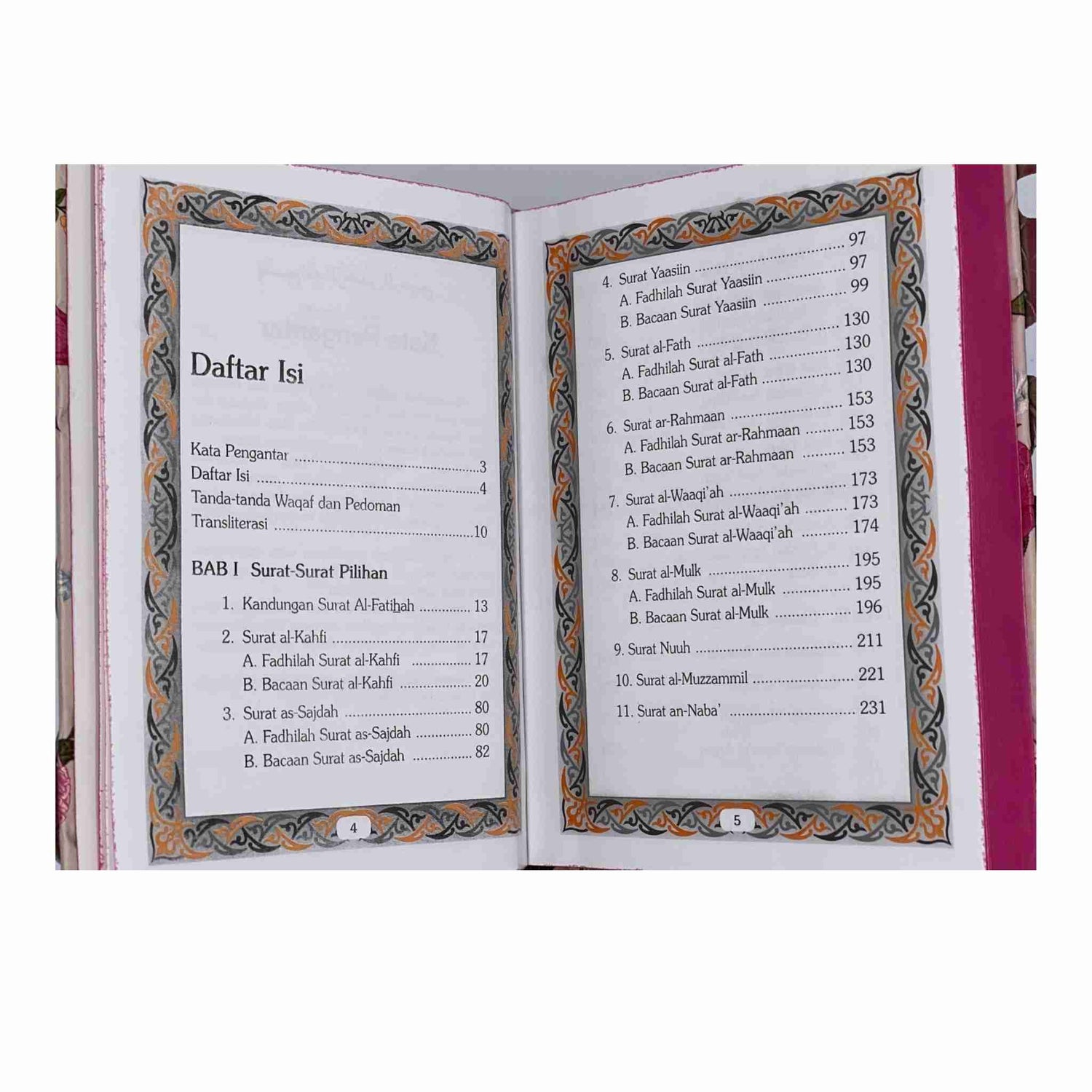Masjids that Oppose God and His Messenger
Key Takeaways:
- The Quran condemns masjids that engage in practices that oppose the absolute oneness of God (Tawheed).
- These practices include promoting idol worship, fostering division within the Muslim community, and supporting those who oppose Islam.
- Associating any partners or figures with God in worship, including within the Azan and Salah, is strictly prohibited by the Quran.
The masjid (mosque) holds a sacred place in Islam, intended for the pure worship of Allah (SWT). However, the Quran warns against certain masjids that deviate from this fundamental purpose, engaging in practices that violate the spirit of Islamic monotheism. This article explores the Quranic perspective on such masjids and the dangers of associating partners with God.
The Quranic verse At-Tawbah (9:107) underscores the deviation from the true worship of God in certain masjids (mosques). It outlines the wrongful practices that occur in such places:
-
Practicing Idol Worship: The masjid is used for idol worship, which is a clear violation of the fundamental principle of monotheism (worshiping God alone).
-
Dividing the Believers: Instead of fostering unity among believers, these masjids contribute to division and discord within the Muslim community.
-
Providing Comfort to Opponents of God and His Messenger: The masjid becomes a place where those who oppose God and His messenger find support and comfort.
The verse exposes the hypocrisy of those who claim honorable intentions but are, in fact, engaged in practices contrary to the monotheistic principles of Islam. God, as the ultimate witness, declares them to be liars.
Additionally, the note highlights a common idolatrous practice of mentioning names like Abraham, Muhammad, and/or Ali in the Azan (call to prayer) and Salah (prayers), which is considered a deviation from God's commandments in the Quran.
The subsequent verse Surah Yunus (10:87) refers to the inspiration given to Moses and his brother Aaron to maintain their homes as places of worship (synagogues) in Egypt and to continue observing the Prayers (Salah).
Explore the profound meanings and insights behind other powerful verses by visiting our collection of articles on Verses from the Quran. For a deeper devotional experience, consider enhancing your reflections with the Majmu Syarif Dua Book Collection.
Frequently Asked Questions:
Q: What are some specific forms of idol worship practiced in certain masjids?
A: These practices can include venerating figures or objects besides God, seeking intercession from other than God, or attributing divine qualities to any being other than Allah (SWT).
Q: How does fostering division within the community violate Islamic principles?
A: Islam emphasizes unity and brotherhood. Masjids that promote sectarianism, spread discord, or create divisions among Muslims contradict the Quran's teachings.
Q: Why is it wrong to support those who oppose God and His messenger?
A: Supporting individuals or groups who actively oppose Allah's message or work against the interests of Islam undermines the truth and sanctity of the faith.
Q: What does the Quran say about the importance of pure monotheism?
A: The Quran repeatedly stresses the worship of God alone without any partners. Associating partners with God is considered a grave form of disbelief.
Q: What should I do if I'm concerned about practices within a particular masjid?
A: Seek guidance from knowledgeable Islamic scholars. If you feel uncomfortable, find a different masjid that upholds pure monotheistic worship, or prioritize individual prayer.

